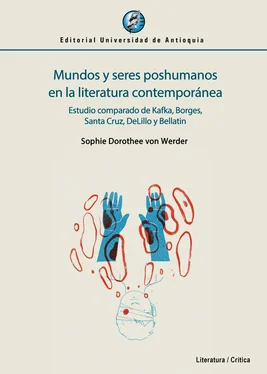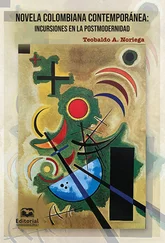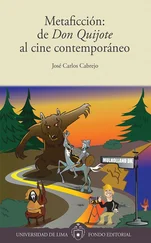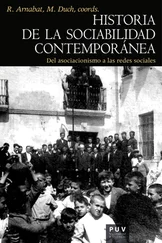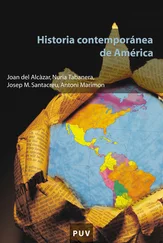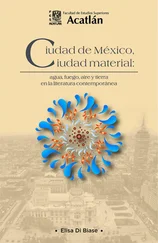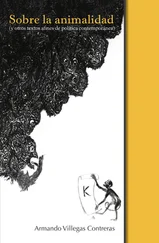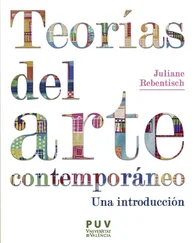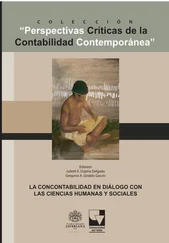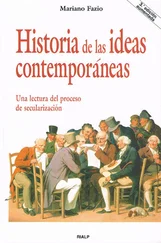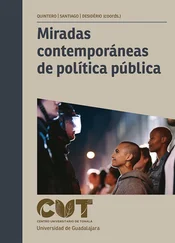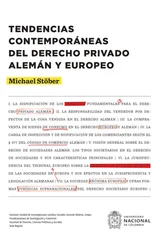Por último, es necesario aclarar que, dadas las diversas perspectivas del poshumanismo —utópicas, distópicas, centradas en lo tecnológico, lo sociopolítico, lo económico, lo filosófico, o bien en lo comunicacional—, en lo siguiente no se está aplicando un concepto claramente definido al análisis de unos textos, sino al contrario: se va a realizar un estudio cualitativo que explora las visiones que del personaje poshumano y sus entornos proponen diferentes obras literarias.
Referencias bibliográficas
Badmington, N. (invierno de 2003). Theorizing Posthumanism. Cultural Critique, 53, pp. 10-27.
Baudrillard, J. (1976). L’Échange symbolique et la mort. París: Gallimard.
__. (1978). Cultura y simulacro. A. Vicens y P. Rovira (trads.). Barcelona: Kairós.
Bieber Lake, Ch. (2013). Prophets of the Posthuman. American Fiction, Biotechnology, and the Ethics of Personhood. Notre Dame, Indiana: University of Notre Dame.
Braidotti, R. (2014). Posthumanismus. Leben jenseits des Menschen [Poshumanismo. La vida más allá del hombre]. T. Langstien (trad.). Fráncfort del Meno/Nueva York: Campus Verlag.
Castro, R. (diciembre, 2005). La frase de Foucault: “El hombre ha muerto”. Alpha: Revista de Artes, Letras y Filosofía, (21), pp. 225-233.
Cuadros Contreras, R. (2009). Perspectivas sobre el humanismo. Ibagué: Universidad de Ibagué.
Deleuze, G. (1991). Posdata sobre las sociedades de control. Recuperado de http://www.philosophia.cl/articulos/antiguos0102/controldel.pdf.
Deleuze, G. y Guattari, F. (1981). A Thousand Plateaus: Capitalism and Schizophrenia. Mineápolis: University of Minneapolis Press.
Derrida, J. (1972). Les Fins de l’homme. En Marges de la philosophie (pp. 129-164). París: Minuit.
Díaz Novoa, G. (2009). El humanismo renacentista. En R. Cuadros Contreras (ed.). Perspectivas sobre el humanismo (pp. 55-72). Ibagué: Universidad de Ibagué.
Foucault, M. (1968). Las palabras y las cosas: una arqueología de las ciencias humanas. México: Siglo XXI.
Fukuyama, F. (2003). Our Posthuman Future. Nueva York: Picador.
Gilroy, P. (2002). Against Race. Imaging the Political Culture beyond the Colour Line. Cambridge: Belknap Press.
Haraway, D. (1991). Simians, Cyborgs, and Women: The Reinvention of Nature. Nueva York: Routledge.
Hassan, I. (1977). Prometheus as a Performer: Toward a Posthumanist Culture? The Georgia Review, 31(4), pp. 830-850.
Hayles, N. K. (otoño de 1993). Virtual Bodies and Flickering Signifiers. October, 66, pp. 69-91.
__. (1999). How We Became Posthuman: Vitual Bodies in Cybernetics, Literature, and Informatics. Chicago: University of Chicago Press.
__. (2005). My Mother Was a Computer. Chicago: University of Chicago Press.
Heidegger, M. (1994). La pregunta por la técnica. En Conferencias y artículos (pp. 9-37). E. Barjau (trad.). Barcelona: Ediciones del Serbal.
__. (2000a). Die Frage nach der Technik [La pregunta por la técnica]. En Vorträge und Aufsätze [Conferencias y artículos] (pp. 5-37). Fráncfort del Meno: Vittorio Klostermann.
__. (2000b). Über den Humanismus [Carta sobre el Humanismo]. Fráncfort del Meno: Klostermann.
Herbrechter, S. (2009). Posthumanismus. Eine kritische Einführung [Poshumanismo. Una introducción crítica]. Darmstadt: WBG.
Hoeg, J. (2000). Science, Technology, and Latin American Narrative in the Twentieth Century and Beyond. Londres: Associated University Presses.
Huxley, A. (1975). Nueva visita a un mundo feliz. M. de Hernani (trad.). Buenos Aires: Editorial Sudamericana.
Martín-Barbero, J. (2002). Medios y culturas en el espacio latinoamericano. Iberoamericana: América Latina, España, Portugal, 2(6), pp. 89-106.
Moravec, H. (1988). Mind Children: The Future of Robot and Human Intelligence. Cambridge: Harvard University Press.
Sábato, E. (1988). Hombres y engranajes. Heterodoxia. Madrid: Alianza Editorial.
Said, E. (2004). Humanism and Democratic Criticism. Nueva York: Columbia University Press.
Savater, F. (1990). Humanismo impenitente. Barcelona: Anagrama.
Short, S. (2005). Cyborg Cinema and Contemporary Subjectivity. Nueva York: Palgrave Macmillan.
Sibilia, P. (1999). El hombre postorgánico. Buenos Aires: Fondo de Cultura Económica.
Sloterdijk, P. (1994). En el mismo barco. Ensayo sobre la hiperpolítica. Madrid: Siruela.
__. (1999). Reglas para el Parque Humano. Una respuesta a la Carta sobre el Humanismo (El discurso de Elmau). F. La Valle (trad.). Recuperado de http://www.bolivare.unam.mx/cursos/TextosCurso10-1/Sloterdijk%20Reglas%20Para%20El%20Parque%20Humano.PDF.
Taylor, M. (2013). Universes without Us: Posthuman Cosmologies in American Literature. Mineápolis: University of Minnesota Press.
Turkle, S. (1995). La vida en pantalla. Barcelona: Paidós.
Uribe Ferrer, R. (2018). Humanismo y cristianismo. Itagüí: Editorial Artes y Letras S.A.S.
Wells, H. G. (1901). Anticipations of the Reaction of Mechanical and Scientific Progress upon Human Life and Thought. Londres: Chapman and Hall.
Welsch, W. (28 de mayo, 2014). Postmodernism - Posthumanism - Evolutionary Anthropology, Keynote presentation at the International Conference “Mapping Tans- and Posthumanism as Fields of Discourses”, Seoul, Ewha Womans University. Recuperado de http://www2.uni-jena.de/welsch/papers/W_Welsch_Postmodernism_Posthumanism_Evolutionary_Anthropolgy.pdf.
7Frente a esta situación, Said (2004) considera que se puede ser crítico con el humanismo, en nombre de los ideales humanistas, y que el eurocentrismo, la tiranía y la violencia representan aberraciones y una traición del humanismo. También Paul Gilroy (2002) considera que el colonialismo y el fascismo traicionaron los ideales del humanismo ilustrado, los cuales siguen vigentes.
8“We need first to understand that the human form —including human desire and all its external representations— may be changing radically, and thus must be revisioned [...] five hundred years of humanism may be coming to an end as humanism transforms itself into something we must helplessly call posthumanism” (p. 212).
9“Humans typically are innovators, from time to time they transcend borders that were formerly believed to be uncrossable” (p. 8).
10“By the late twentieth century, our time, a mythic time, we are all chimeras, theorized and fabricatedhybrids of machine and organism; in short, we are cyborgs” (p. 150).
11“[My text] is an argument for pleasure in the confusion of boundaries and for responsibility in their construction. It is also an effort to contribute to socialist-feminist culture and theory in a postmodernist, non-naturalist mode and in the utopian tradition of imagining a world without gender, which is perhaps a world without genesis, but maybe also a world without end. [...] The cyborg is a creature in a post-gender world” (p. 150). Es importante aclarar que todas las citas textuales conservan su escritura original.
12“the posthuman means a coupling so intense and multifaceted that it is no longer possible to distinguish meaningfully between the biological organism and the informational circuits in which it is enmeshed” (p. 80).
13“[the posthuman theory] privileges informational pattern over material instantiation, so that embodiment in a biological substrate is seen as an accident of history rather than an inevitability of life [...] there are no essential differences or absolute demarcations between bodily existence and computer simulation, cibernetic mechanism and biological organism, robot teleology and human goals” (pp. 2-3).
14“these changes were never complete transformations or sharp breaks. [...] Rather, ‘human’ and ‘posthuman’ coexist in shifting configurations that vary with historically specific contexts” (p. 6).
Читать дальше
